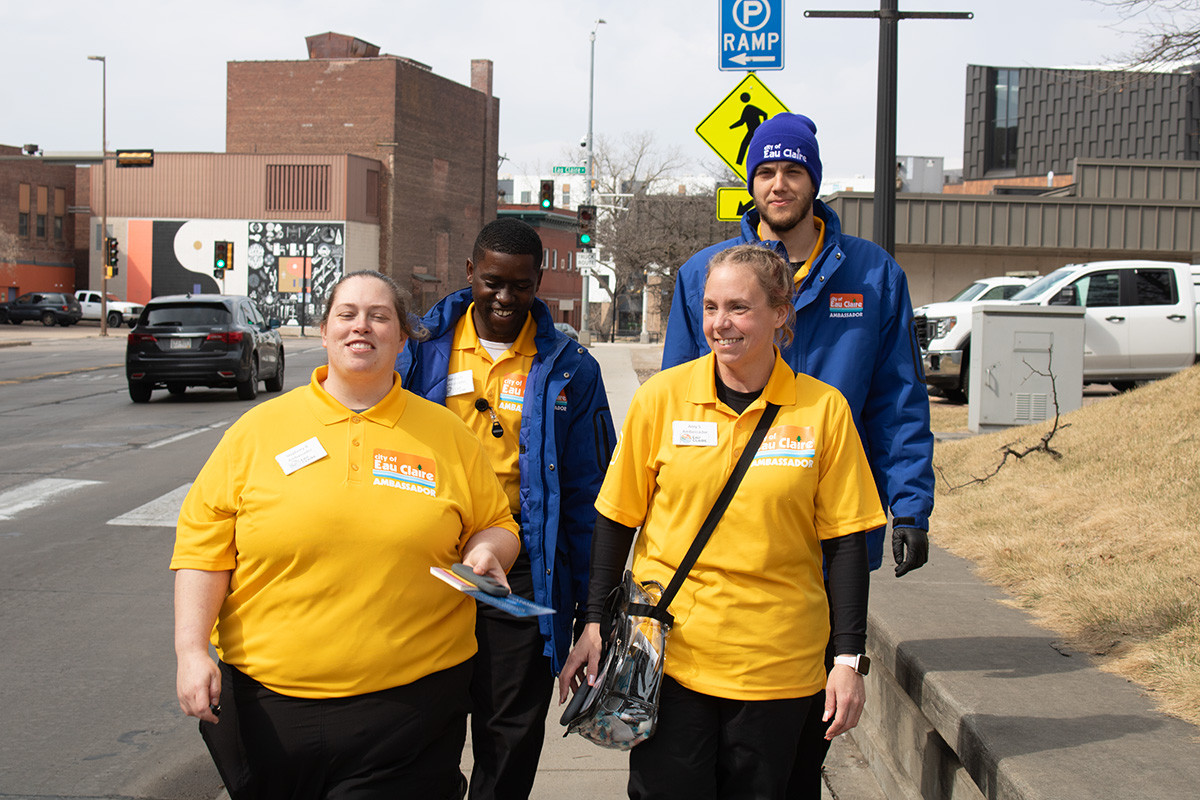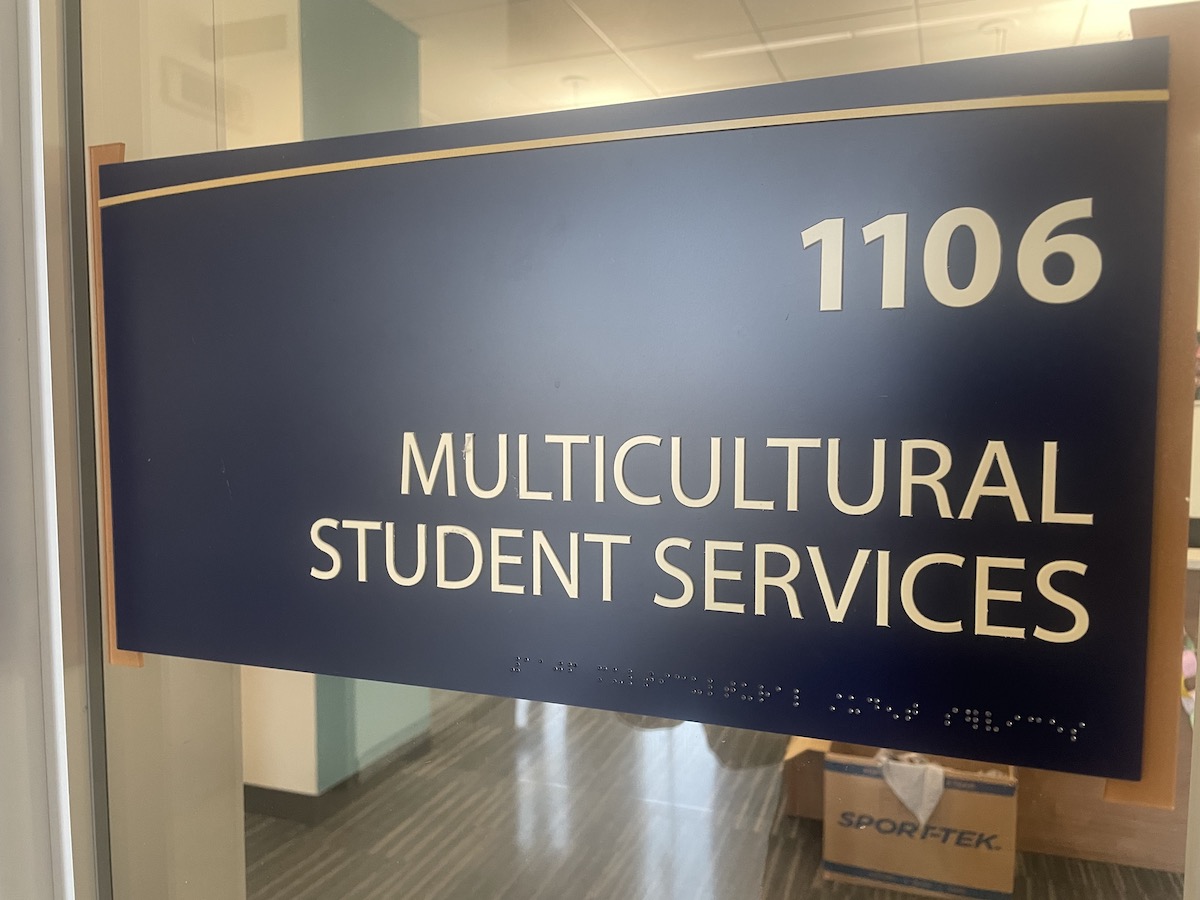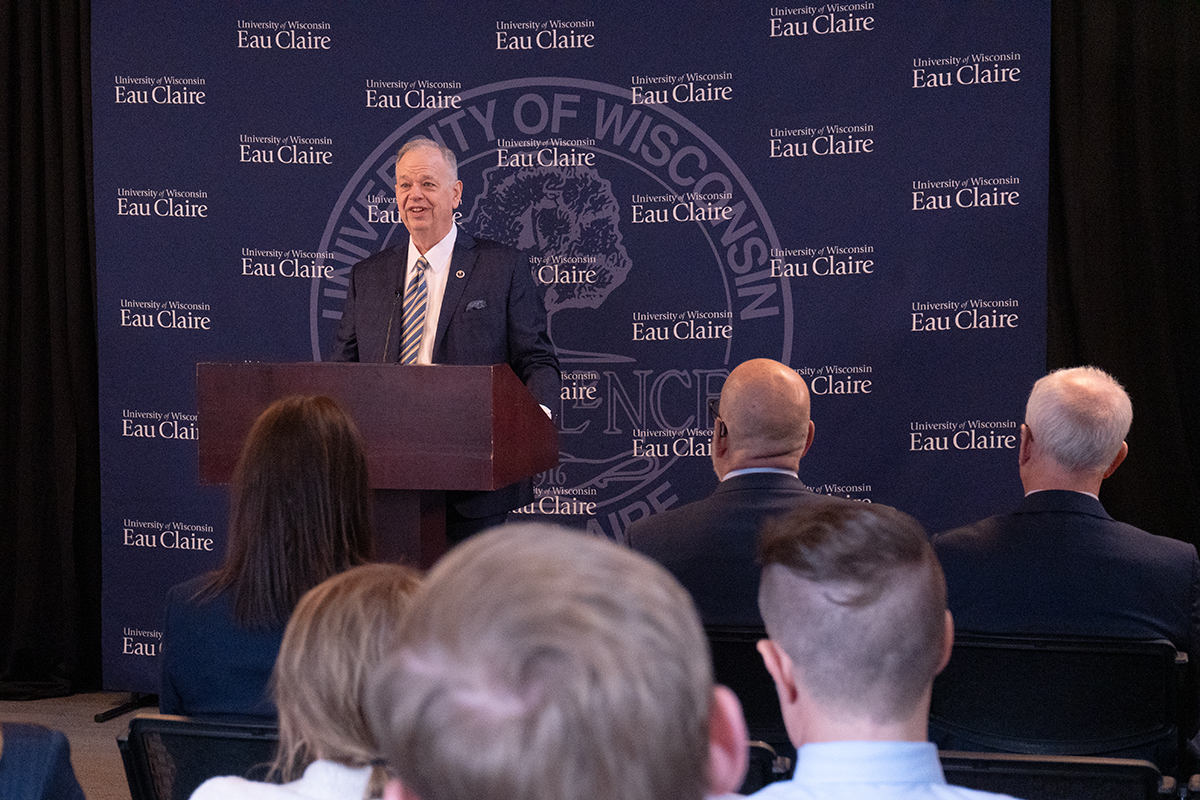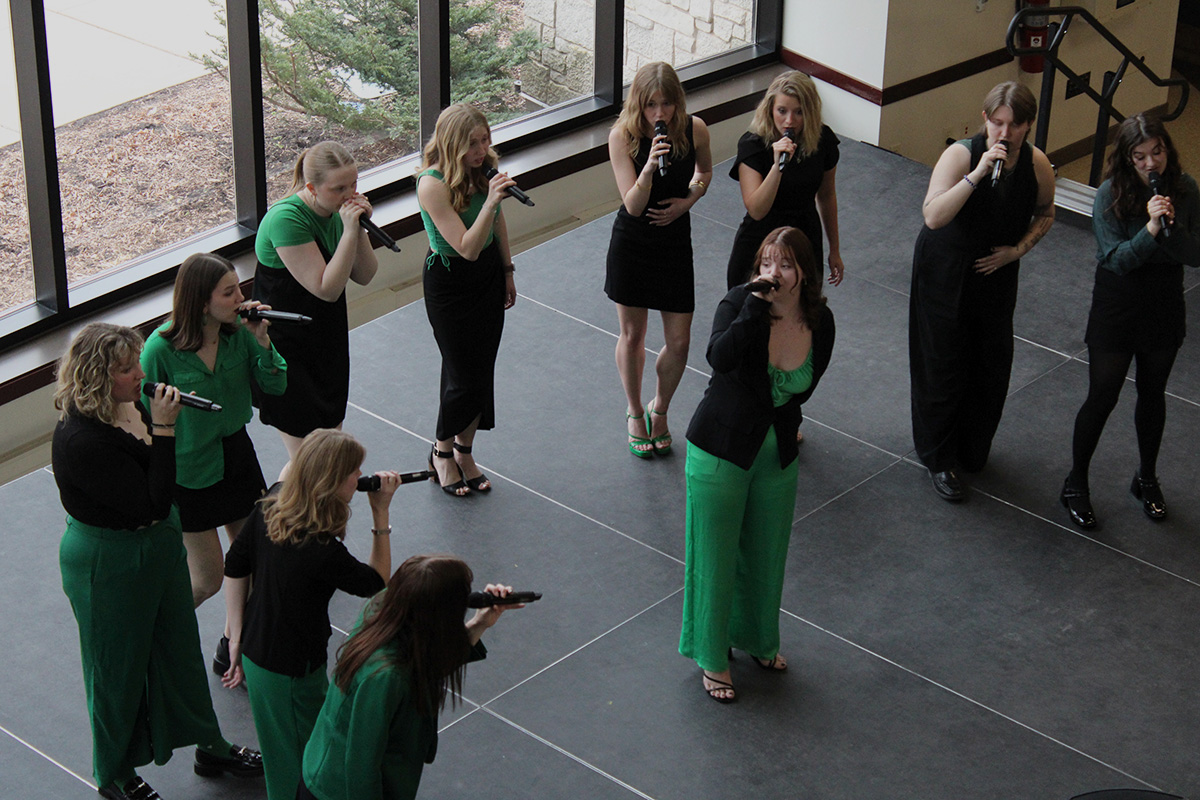The prominent lawyer Floyd Abrams visited UW-Eau Claire on March 26 for a dinner, movie screening and question-and-answer session to speak to students about First Amendment rights. Abrams is currently a senior counsel at Cahill Gordon & Reindel and has argued 13 cases before the Supreme Court of the United States.
The Pre-Law Club, Film Club and the UW-Eau Claire chapter of Society of Professional Journalists co-sponsored this event with the help of the Menard Center for Constitutional Studies (MCCS) to emphasize the importance of freedom of speech.
The Pre-Law Club, which frequently collaborates with MCCS, will be hosting a similar event featuring Ilana Redstone in late April. Redstone is a sociology professor in Illinois who has podcasts talking about free speech rights.
Abrams specializes in freedom of speech and has worked on landmark cases such as the Pentagon Papers in 1971.
Grace Schnabl is an intern for the MCCS who helped organize the event. She said that for students, the power of free speech is important in campus protest rights — specifically time, place and manner restrictions.
“I feel like oftentimes students come into college not necessarily knowing what all of their rights are,” Schnabl said. “I feel like getting that good, official lawyer perspective will allow students to learn more about their First Amendment rights.”
PBS produced the documentary “Floyd Abrams: Speaking Freely” to portray an intimate view of Abrams’ life as a lawyer. The director, Yael Melamede, also attended the event to offer insight into the creative aspect of the documentary.
“This film was picked up by PBS American Masters and they thought of lawyers as masters,” Melamede said. “People in business and law are true artists in what they do, and I think Floyd has a true love and passion for what he does.”
UW-Eau Claire alumni Nathan Kane is the deputy director at Wisconsin Manufacturers and Commerce Litigation Center (WMC) in Madison. He drove to Eau Claire to see Floyd Abrams because of his wealth of experience.
As deputy director, Kane has worked with First Amendment rights in the past, but moving forward, Kane said he’s looking to handle more cases dealing with freedom of speech. He also presented a similar talk on campus on Feb. 12.
“I hope to learn how somebody who has spent his whole life steeped in First Amendment law sees the meaning of the right to free speech,” Kane said.
The documentary highlights Abrams’ career, but the following Q-and-A led to discussions about how Abrams’ interprets the First Amendment freedom of speech.
“Having a freer, more open society in which outrageous things can be said is worth the price,” Abrams said. “That doesn’t mean that there’s no price, or that we should be content in some way that the price is imposed. The only answer to that is to look for ways to deal with it that do not violate the First Amendment.”
A participant in the Q-and-A asked about Columbia students facing deportation cases following Pro-Palestine protests on their campus. The event has made headlines in The Associated Press, CNN and The New York Times.
“On campuses, the issue is that the government is allowed to enforce immigration norms if they’re doing it in a rational and supportive way,” Abrams said. “However, we can only think broadly about that. The norms have got to be for spreading rights and not suppressing them.”
Abrams’ interpretation of the First Amendment has become landmark legal practice. He said that college campuses should receive the same treatment as anywhere else.
“Even with everybody acting in good faith, there will never be a satisfactory resolution,” Abrams said. “There must be a consistent application of broad principles which preserve free expression. That’s on college campuses as well as anywhere else.”
Pawlisch can be reached at pawliswj0471@uwec.edu.








